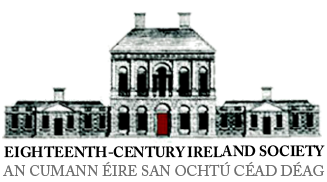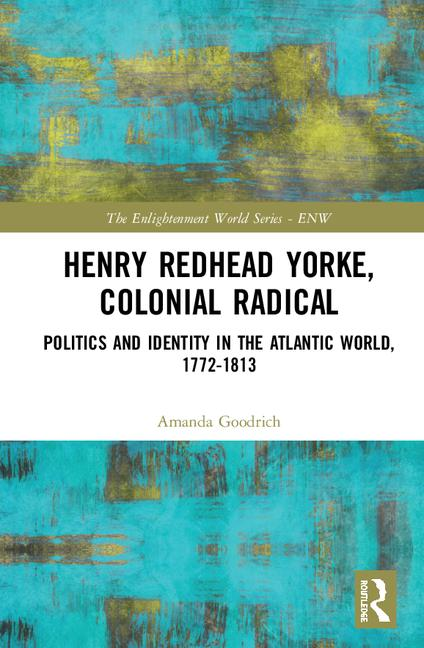A 20% discount for Amanda Goodrich’s new book, Henry Redhead Yorke, Colonial Radical Politics and Identity in the Atlantic World, 1772-1813 (Routledge, 2019) is now available.
This is the first biography of Henry Redhead Yorke, a West Indian of African/British descent. Born into a slave society in Barbuda but educated in Georgian England, he developed a complex identity to which politics was key. Yorke was radicalised in revolutionary Paris, became a citizen of the world and the most revolutionary radical in Britain between 1793–5. Imprisoned for his politics, Yorke recanted to loyalism but never lost his political zeal. This book raises important issues about political exclusion, the impact of ‘outsider’ politics in England, political apostasy and the complexities of politicisation and identity construction in the Atlantic World
A blog post about the book is now available at The Victorian Commons.
Follow this link to obtain the discount code and further information about this title.


